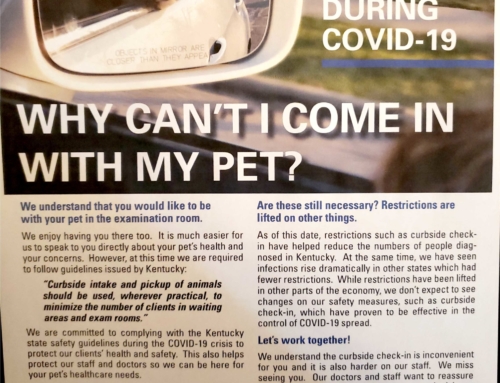It has been understood by many people that only dogs get heartworm. For many cat owners, the concept that cats could get heartworm has been a surprising fact. Even more surprising is that the percentage of indoor cats that contract heartworm disease is relatively high, according to heartwormsociety.org.
How Heartworm is Contracted
Both cats and dogs can contract the worm from infected mosquitoes when they bite the pet, releasing the worm’s larvae into the body of the animal. As mosquitoes can fly into homes as well as be found outdoors, even indoor pets are not immune.
The American Heartworm Society has a handy map of the US, showing the states where heartworm is a problem. It should come as no surprise that the states where mosquitoes are found in higher concentrations also have higher counts of pets who have tested positive for heartworm. The white areas of this map don’t indicate lack of a problem, only that pets there have been tested positive for heartworm far less often than in other states.
Preventive measures do exist for both cats and dogs.
First, ask us about a preventative treatment plan for your pet. We are up to date on the incidence of heartworm in our geographic area, as well as areas you may be visiting in upcoming months and can help devise a plan to give your pet maximum protection.
Avoid taking your pet through mosquito-infested areas. Although observe what has already been stated; keeping your pet strictly indoors is not necessarily a safeguard, although it does reduce the risk of infection if you have screens over windows and doors.
It should be noted that the most effective preventive drugs are not available over the counter. Any drugs claiming to prevent heartworm that are not prescribed are to be treated with caution.
Treatment Methods
Prevention is important, particularly in cats, as there is no known cure for this worm in felines. Cats can often kill the worm internally on their own, but can then experience toxic shock responses when the body attempts to clean the dead worm from the system. It’s the toxic shock that is more likely to kill the cat than the worm itself. Consequently, while heartworms don’t live very well inside cats, their presence can still be a fatal threat.
Dogs can often be successfully treated with what is called an adulticide. Once they are cured, preventive measures must continue to prevent reinfection in the future.
For the Love of Your Pet
All pet parents love their animals and want what’s best for them. As such, we encourage every pet owner to discuss the likelihood of heartworm in their area, and steps that can be taken to prevent it. We will be happy to sit down with you to discuss your options for your dog or cat. The old saying is true, “An ounce of prevention is worth a pound of cure”.
Photo credit: Александр Ермолаев | Photos.com





